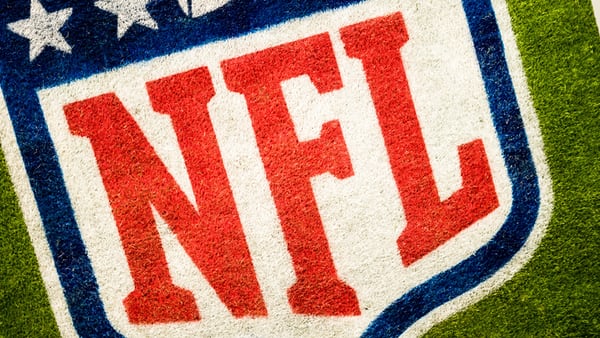
Gambling has always been a big part of the NFL fan experience. For decades, fans have been betting on live games, which teams will make the play-offs, and who they think will win the Super Bowl at the end of each season (crazily, the 2024 Super Bowl LVII saw 68 million adults bet a total of $23.1 billion across the weekend, which was a new record). On top of this, the NFL has also recently formed brand partnerships with Caesars, DraftKings, and FanDuel, helping to generate more revenue for the organization while putting as many eyes as possible on the NFL games. Interestingly, though, NFL players are not allowed to bet on games. Even after the United States Supreme Court made the shock decision back in 2018 to allow individual states to legalize sports betting, NFL commissioner Roger Goodell has kept gambling policies in place that prevent all NFL players and staff from betting on games, although they can still bet on other sports if they want to. This has led to the suspension of countless players over the decades, costing them money while also keeping them on the sidelines for long periods of time.
When it comes to the NFL players who’ve been suspended for gambling, the list is large. On the list, you have some big names and some lesser-known names, too. Who are they? Let’s do a deep dive into NFL players who’ve broken the gambling policy and received punishment for it.
Which NFL Players Have Been Suspended for Gambling?
Over the past several years, some of the most memorable NFL players suspended for gambling include Calvin Ridley, Isaiah Rodgers, Rashod Berry, Quintez Cephus, CJ Moore, Shaka Toney, and Demetrius Taylor. These players were suspended for violating the NFL’s betting policy until they were ultimately reinstated at the end of their suspensions. One of the biggest instances in recent times was Calvin Ridley, who was suspended for a year in 2022 after an internal investigation found that he’d bet $1,500 on NFL games. Another strong case was Quintez Cephus, who was released by the Lions and suspended by the NFL after it was discovered he’d also placed bets on NFL games during the 2022 season, although Cephus has since completed his suspension and the wide receiver is now playing for the Houston Texans.
NFL gambling suspensions aren’t a recent phenomenon, either. They date all the way back to 1963, when Alex Karras and Paul Hornung were the first official NFL players to receive gambling suspensions. This trend would then continue throughout the 70s, 80’s, and 90s, but it’s only since the start of the 2020s that NFL gambling is becoming a more widespread problem, with 10 players alone being suspended in 2023. This led to the NFL reviewing and altering its gambling policy in 2023, although It remains to be seen whether this will help to get the gambling issue under control, as the current suspension and penalty plans haven’t been effective.
The NFL’s New Gambling Policy
According to NFL betting picks site sharperz.com, the new NFL gambling policy that was recently introduced serves to crackdown on the internal gambling problem that’s affected the NFL over recent years. Now, players will face harsher punishments for betting on “any NFL game, practice, or other event, such as the Combine or Draft.”, as stated by American football executive Steve Kaim. No NFL player can enter or visit a sportsbook during the NFL playing season or gamble on non-NFL sports while inside an NFL facility. However, NFL players are still allowed to gamble in casinos, although individual teams are allowed to put bans on their players from entering casinos if they think it’s the best for both parties.
Summary
It’s no secret that the NFL has an internal gambling problem, with more players than ever over recent years placing bets on NFL games and ultimately facing punishment for it. Now that the NFL has updated its gambling policy, improvements could quickly be seen — especially now that players will be scared of the bigger fines and longer suspensions. What’s for certain is that the next couple of seasons will reveal whether the new policy is working effectively to stop active NFL players from placing bets that violate the rules.




